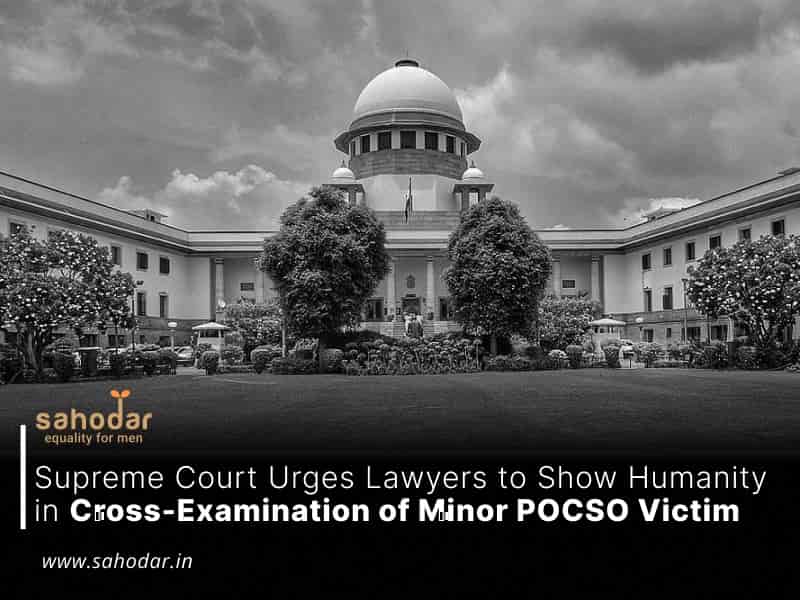After noting that the minor victim was put through around 150 questions during cross-examination, the Court urged lawyers to be more reasonable and show “humanity” in such cases.
On Friday, the Supreme Court expressed serious concern over the approach taken by defense lawyers in cross-examining a 4-year-old POCSO Victim during a trial [Kesarinandan Sabhapati Upadhyay v. State of Maharashtra and Another].
Observing that the young victim faced approximately 150 questions in cross-examination, Justices Abhay S. Oka and Augustine George Masih urged lawyers to exercise greater restraint and display “humanity” in handling such sensitive cases.
“Members of bar must have some humanity within them. The little 4-year-old girl on dock was asked around 150 questions in cross. Members of bar must have some humility. 80 to 90% are irrelevant questions. You may have the good case on merits but there has to some human reasonability,” a visibly upset Justice Oka told the convict’s counsel.
The Court was considering an appeal filed by the convicted teacher challenging an August 2021 ruling by the Bombay High Court, which had upheld his conviction for aggravated penetrative sexual assault of his 4-year-old student.
He was found guilty under Sections 6 and 10 of the Protection of Children from Sexual Offences Act, 2012 (POCSO Act).
The incident occurred in 2014 when the child’s grandmother picked her up from school.
She then noticed that the child’s hair was disheveled and her clothes were in disarray. On being asked, the victim told that her teacher had taken her to toilet and inserted his penis in her private parts, navel and mouth and also licked her private parts.
The medical report confirmed that the child had been sexually assaulted, prompting the registration of a First Information Report (FIR) against the teacher under the POCSO Act.
The trial court convicted the teacher, imposing a life sentence.
On appeal, the High Court affirmed the trial court’s decision, observing that the testimonies of the child, her mother, and grandmother were consistent, credible, and clearly established the teacher’s identity and guilt.
Dissatisfied with this outcome, the teacher approached the Supreme Court.
In today’s hearing, the Court raised concerns about the approach taken during the cross-examination.
While issuing a notice regarding the teacher’s appeal, the Court emphasized the need for lawyers to adopt a humane approach when conducting cross-examinations in cases of this nature.

